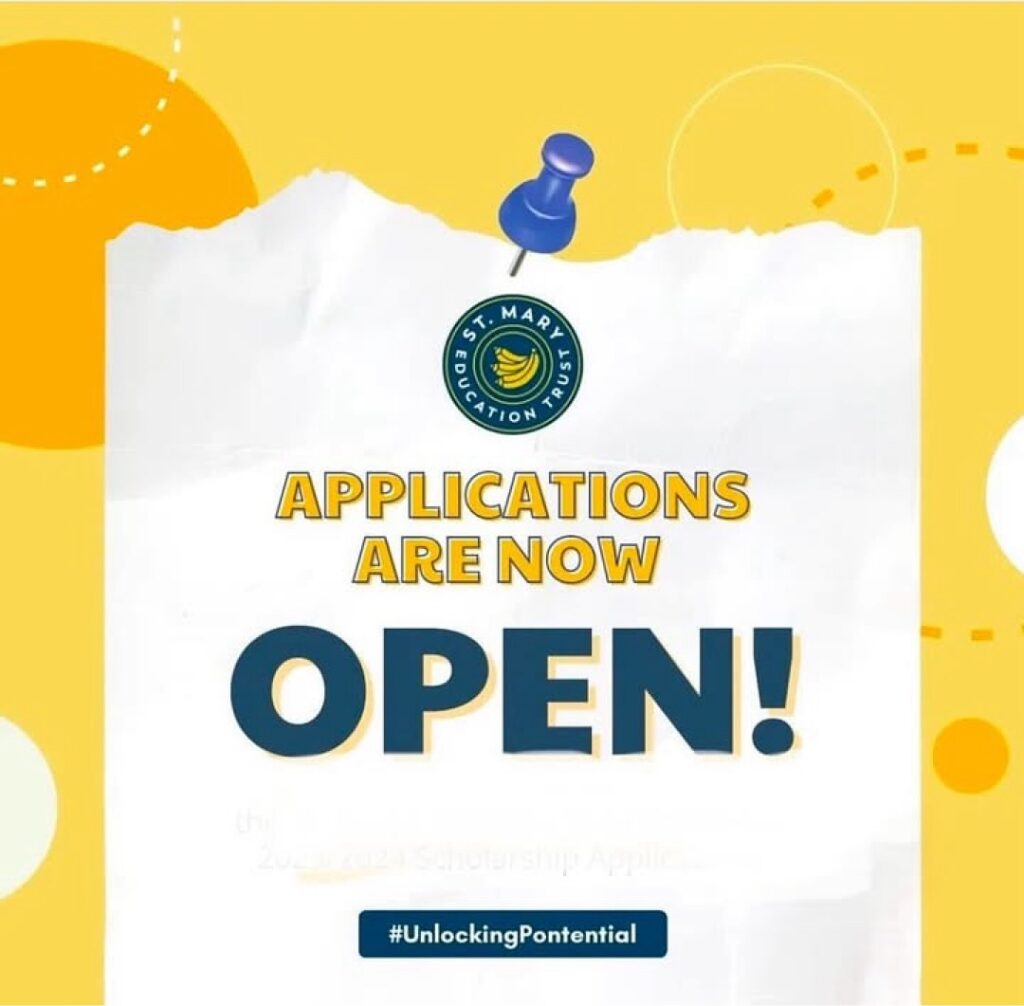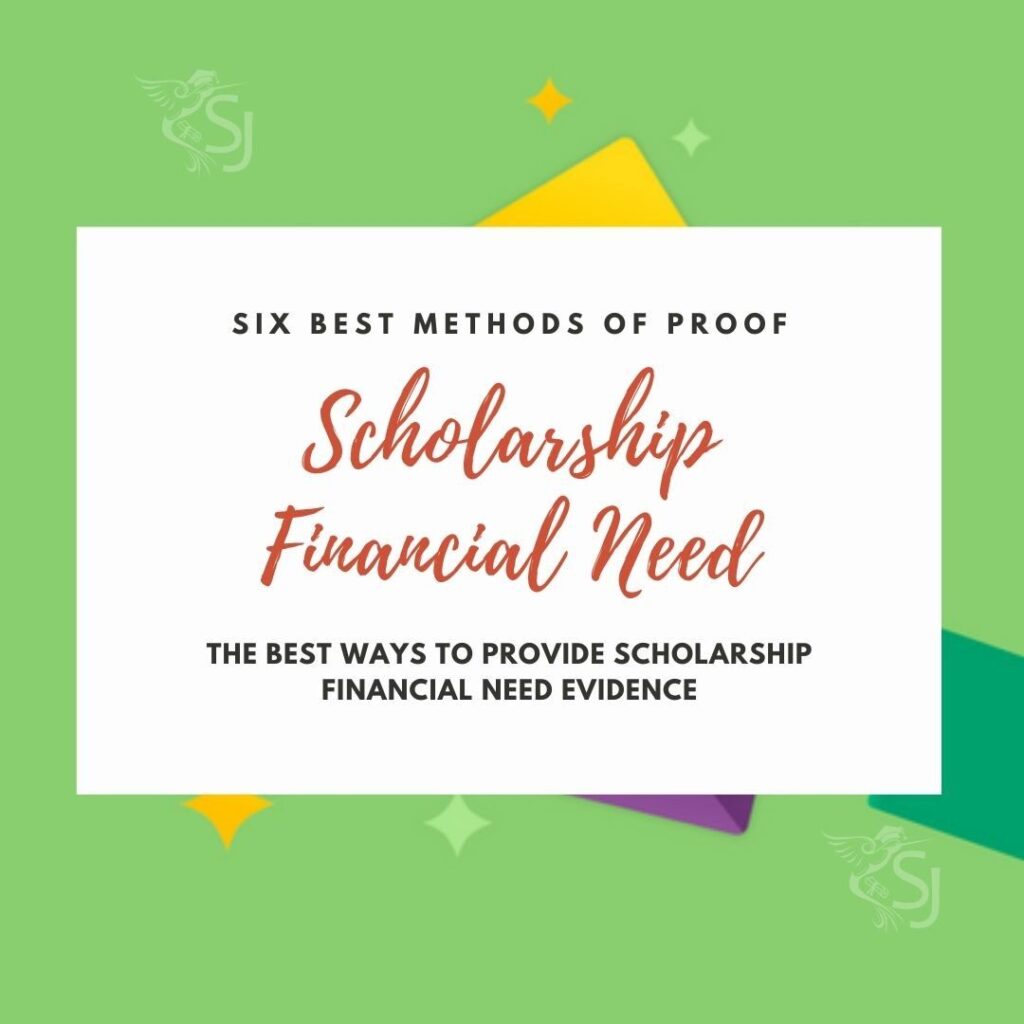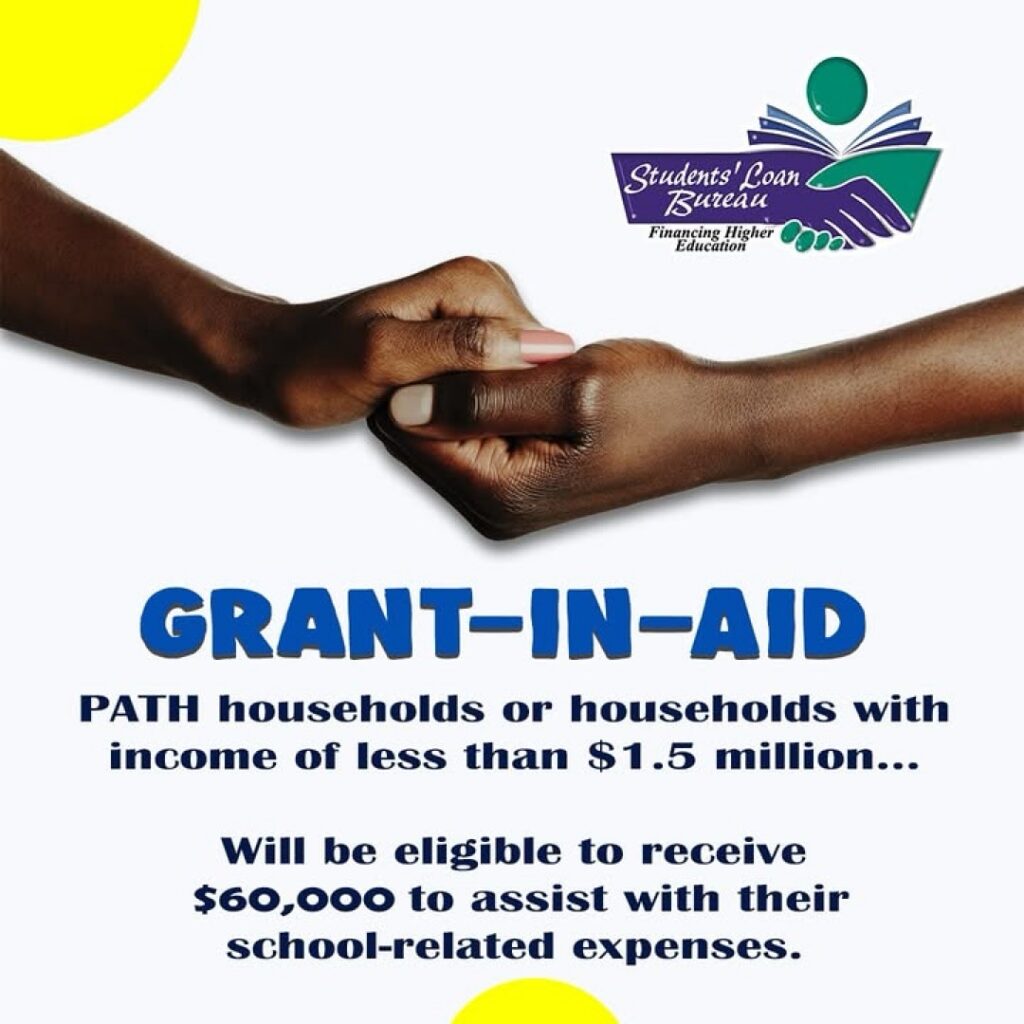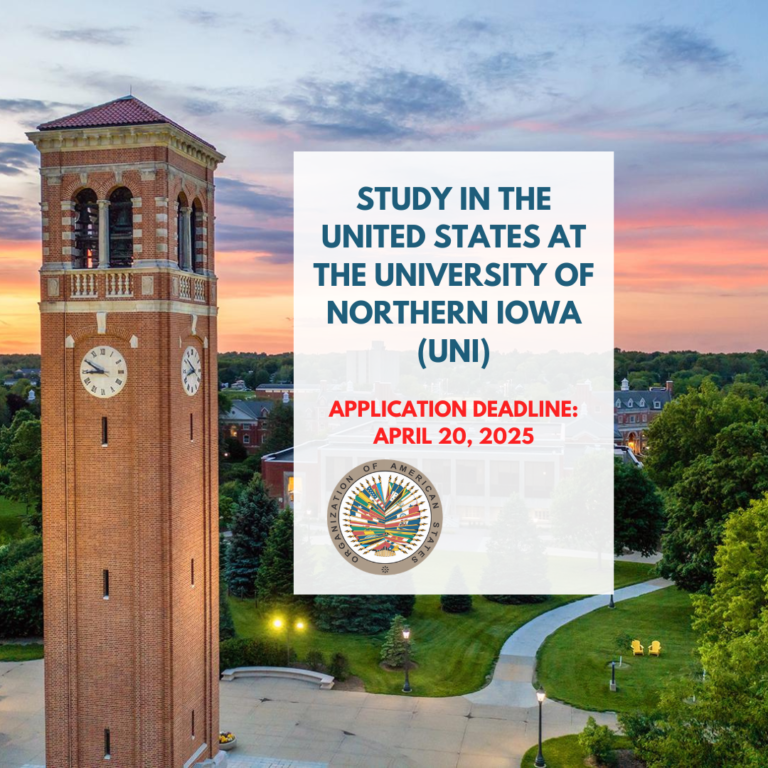 Tips to Avoid Scholarship Search Scams
Tips to Avoid Scholarship Search Scams
Scholarship search scams as well as scholarship offers are incredibly popular these days. So popular, that there are over 750,000 searches for “scholarship” and “scholarships” each month. Unfortunately, not all of the websites that you find on the internet are reputable. In recent years a number of companies have started to take advantage of all the students looking for scholarship awards.
Scholarship search scams are a big problem on the internet. At scholarshipjamaica.com we do our best to steer clear of shady scholarship programs. But a lot of the time, the differences between legitimate scholarships and scams are small. You need to know what to look for to spot and avoid scholarship scammers.
We put together this guide to help you avoid scholarship search scams on the internet.
Avoid Paid Scholarship Search Scams – Offers and Searches
If you’ve ever searched for scholarships, you know that there are plenty of scholarship searches available on the internet. Scholarship searches are excellent tools to help you find potential scholarship awards. In our scholarship database, we offer only legitimate scholarships that we have researched, used and confirmed their authenticity.
Don’t ever pay to use a scholarship search website. Any company charging you to use a scholarship search is likely a scam. In fact, they are probably using the exact same scholarship search from another website. For example, they might be trying to charge you money to use a free scholarship search. Whatever you do, don’t pay to find scholarship awards!
Nothing is Guaranteed
If it sounds too good to be true, it probably is. Any website promising that you will receive a scholarship is lying. Don’t pay a scammer a fee for a guaranteed scholarship award. Even if the website offers a “money back guarantee”, don’t pay them. You are probably paying them to submit a scholarship application on your behalf. You could likely submit the same application on your own for free.
Avoid Scholarship Lotteries
Scholarship lotteries aren’t all scams. That being said, you will receive quite a bit of spam. Any website promising a “$20,000 scholarship award. No application. Takes only 2 minutes to apply!” is not a reputable website. There may in fact be a $20,000 award, but usually only one out of a million people will get it. When you fill out one of these scholarship lottery forms you are essentially signing yourself up to receive daily phone calls and emails from online colleges.
Don’t Pay for Financial Aid
Don’t pay to apply for SLB or any other private student loans. Any website offering to get you financial aid, scholarships, or loans for an advanced fee is a scam. It is always free to apply for student loans from local banks, credit unions and scholarship awards.
Avoid Unsolicited Email Offers
If you get an email for a shady looking scholarship award it is probably not legitimate. Scholarship scammers send out millions of emails a day promising awards. Ignore unsolicited email offers and you will save yourself a lot of time and headache.
Protect Your Information Online
Don’t ever provide sensitive personal information on a scholarship application. Don’t provide bank information or your TRN on a scholarship application. Any legitimate scholarship award won’t require this information. Moreover, you would not be asked this information until you’ve already won the award. Scammers are looking to steal your personal information for sale. Don’t give out any information that may be used against you.
Investigate the Scholarship Award
Most scholarships featured on ScholarshipJamaica.com are sponsored by a professional organization, industry, or large company. Make sure that you research the award before applying. Who is offering the scholarship? How long has the scholarship been offered? Can you find someone who has won the scholarship previously? Does the organization have contact information?
All reputable scholarships will have some type of contact information. Especially if the award is sponsored by a large organization or company. If the scholarship’s website doesn’t have a contact section, or looks shady, do more research. Please note, just because the website might be ugly, that doesn’t mean the award is a scam.
If you are in doubt or if you suspect a scholarship search scam be proactive. You should contact government and consumer protection organizations to report the fishy looking scholarship. You may want to contact the Ministries of Government, donors, and or your college.
If you follow the tips outlined in this guide you can avoid scholarship scams and save yourself quite a bit of time. Just remember, if it sounds to good to be true, it probably is too good to be true.












Comments are closed